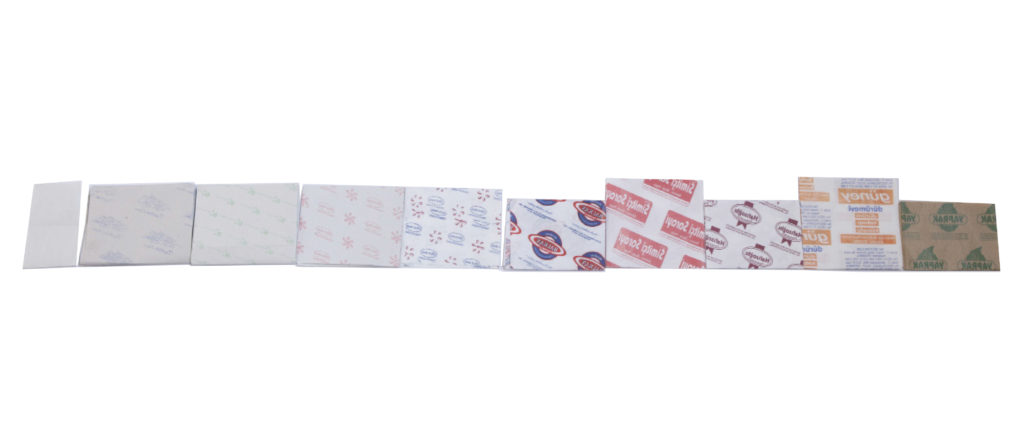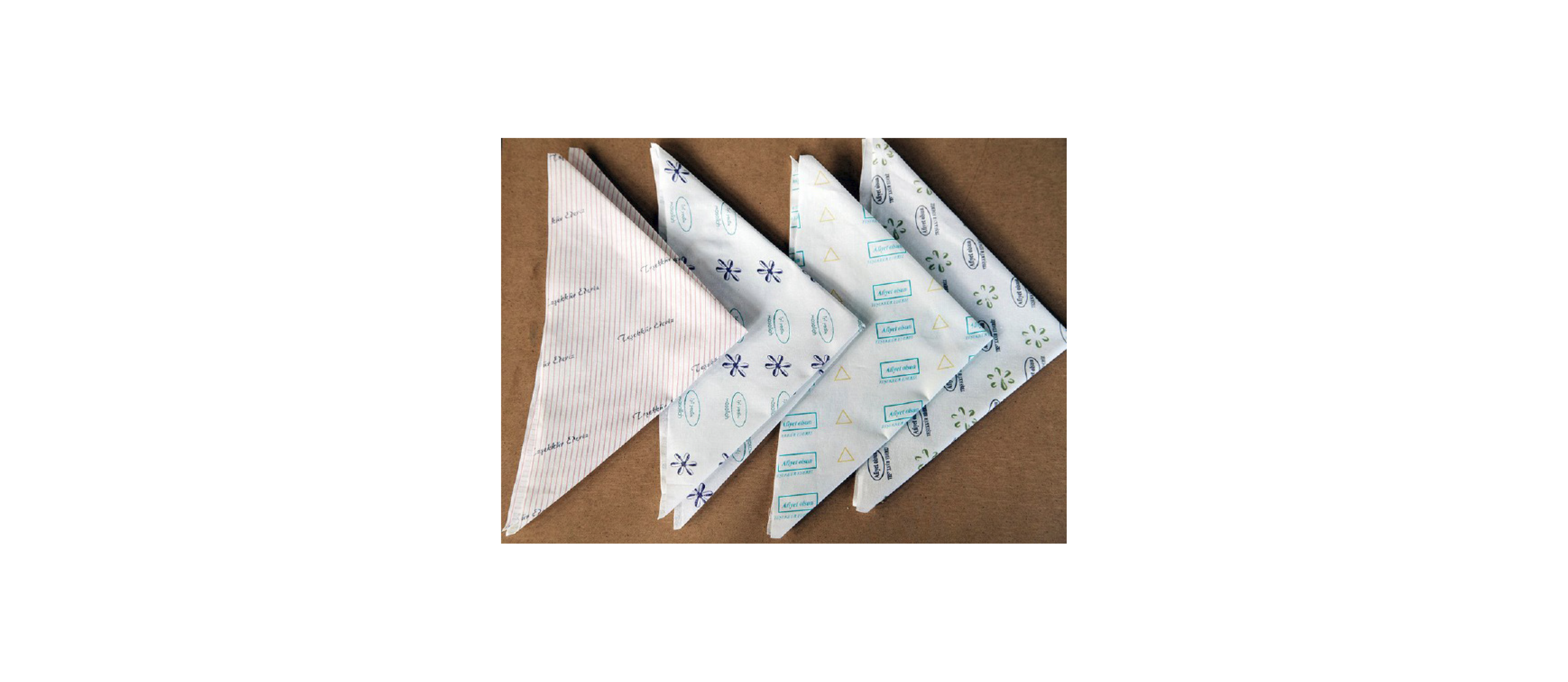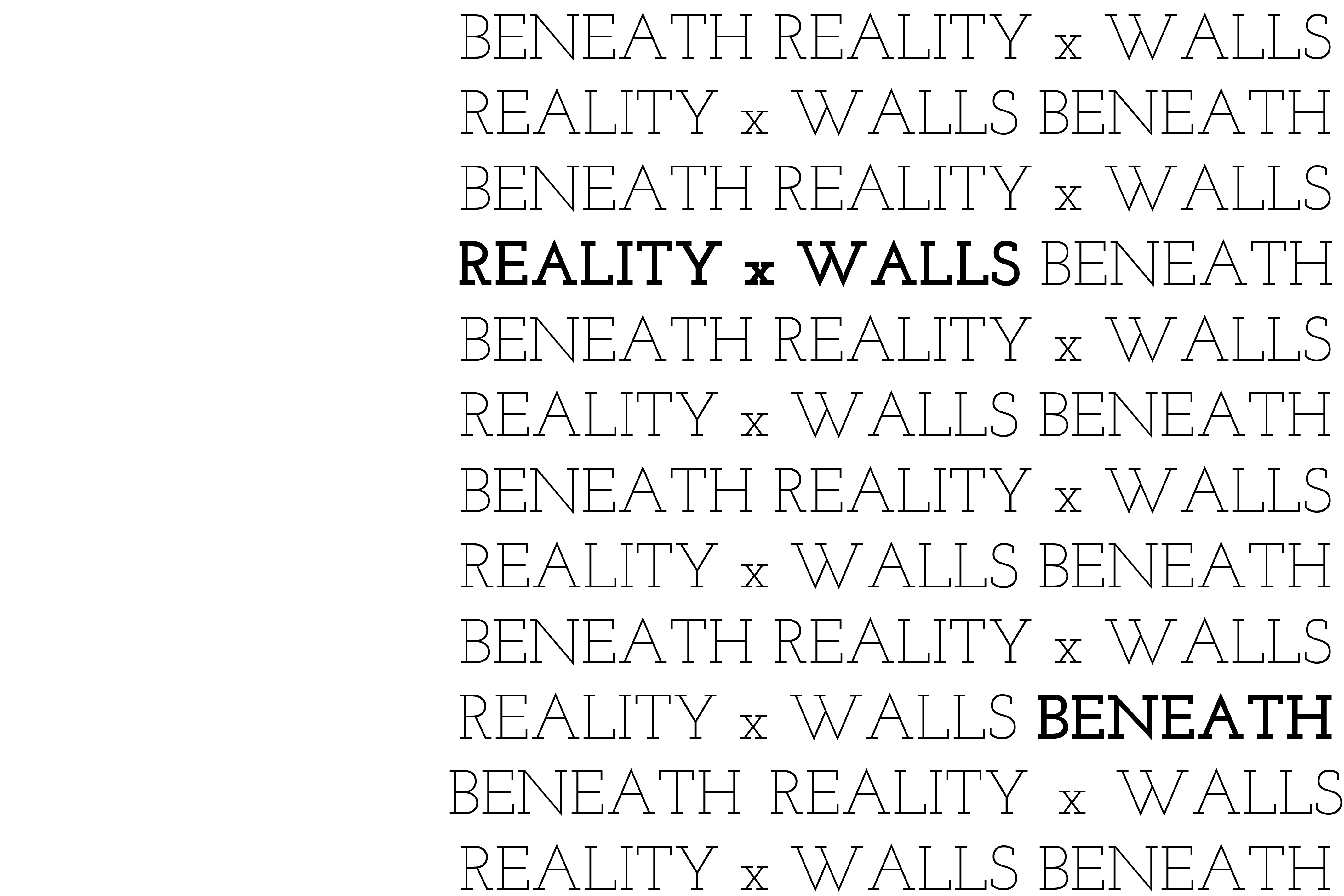Author: Ceren Hamiloğlu
Souvenirs are so-called representatives of culture and history. However, they do not reflect the contemporary and daily habits of the culture they claim to represent. They are actually distorted images of landmarks or prints on everyday objects – these objects do not form a real connection between the locals, let alone the visitors. Through this workshop, I tried to rethink what the souvenir actually represents. Thus, ‘defamiliarizing napkins’ was an attempt to investigate cultural identity and materialize locality. The investigation on daily practices started with observational trips to Alibeyköy in Istanbul, a site chosen nearby to the workshop location. Alibeyköy’s center is occupied by many buffets, grocery stores and bakeries that sell relatively cheaper food. A certain type of paper is often used to wrap, serve or cover this food.

Paper samples collected from Alibeyköy restaurants
The found papers used for wrapping and covering food include marks such as Afiyet Olsun/Bon Apétit or Teşekkür Ederiz/Thank You written on them. Certain types of qualities, meanings and materials that made these papers “familiar” to everyone close to Turkish culture, were defined. By playing with the patterns of the prints on the papers and changing the material from paper to textile made the objects become “unfamiliar” in a contemporary sense, but maintained their early references.
[Best_Wordpress_Gallery id=”304″ gal_title=”napkins”]Reinterpreted patterns: printed napkins (4), 27×27 cm, white textile
Vernal Workshop
Supervisors: Albio Nascimento and Kathi Stertzig (The Home Project),
Avşar Gürpınar (Istanbul Bilgi University)
Theme: Familiarity
April, 2013





